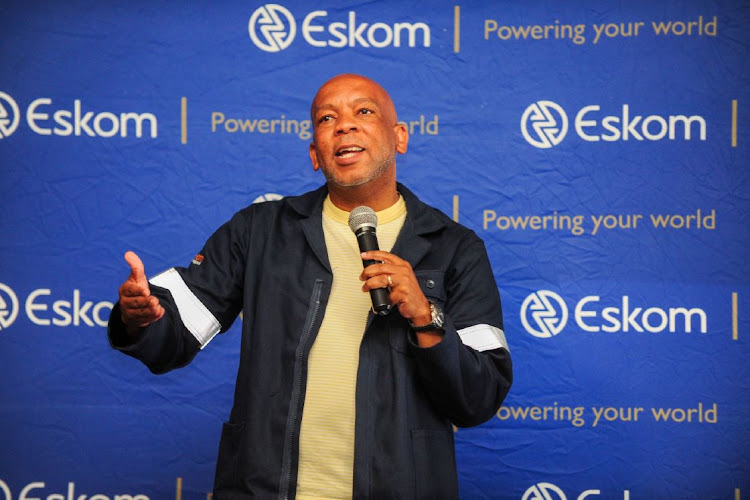By Alicia Mmashakana
THE Economic Freedom Fighters (EFF) released a statement on Tuesday calling out the Minister of Electricity and Energy Kgosientsho Ramokgopa for grandstanding when he spoke about free electricity for poor households.
EFF’s call follows Ramokgopa’s statement that the national government provides a conditional grant to municipalities and Eskom, and that if used for its intended purpose, would result in access to free electricity.
During a briefing in Tshwane on Monday, the Minister said that 8 million indigent households do not receive free basic electricity, as if this is a new discovery, despite the fact that the challenge has existed for about 10 years, said the EFF.
The party’s National Spokesperson Leigh-Ann Mathys said the statement not only demonstrates the Minister’s lack of understanding about the structural challenges facing municipalities and funding for indigent free basic services, but it also demonstrates that the intention was to drive media engagements more than finding a solution.
Mathys said the EFF has consistently demonstrated that South Africa’s fiscal policy, driven by the National Treasury’s austerity measures, only works if municipalities deliberately pass budgets that exclude millions of people from accessing indigent free basic services, such as water, electricity, and sanitation.
The assumption that municipalities must rely on revenue collected from the sale of water, electricity, sanitation, rates, and taxes to build public infrastructure and deliver basic services is bankrupt, cruel, and punishing to the poor majority, Mathys said.
This is especially true in a country where over 50% of people live in poverty, more than 12 million are unemployed, and spatial and economic inequality remain deeply entrenched.
The EFF said it will continue to advocate for a thorough review of local government funding, as part of reorganising the overall allocation and distribution of revenue collected nationally by the Division of the Revenue Bill.
The goal of this exercise must be to ensure that municipalities receive adequate funding to meet all constitutional obligations, while also acknowledging that these are not profit-driven institutions that exist solely to serve the public good.
The EFF claims that the cost recovery service delivery model must be abandoned in favour of prioritising the needs of working and poor households over the comfort of a privileged few.
“This task should not be assigned to the National Treasury due to their obsession with budget cuts, spending limits, privatisation of free basic services, and eagerness to maintain and perpetuate apartheid spatial planning and the economy for the benefit of a select few.”
Mathys said the practical and long-term implementable solution to the provision of indigent free basic services will not be achieved through conditional grants, but rather through the development of internal municipal capacity and the elimination of tenders for recurring services such as waste collection, infrastructure construction, and maintenance.
“Until then, the poor will continue to be told they qualify for free electricity and water when it is made deliberately impossible.”
INSIDE POLITICS

